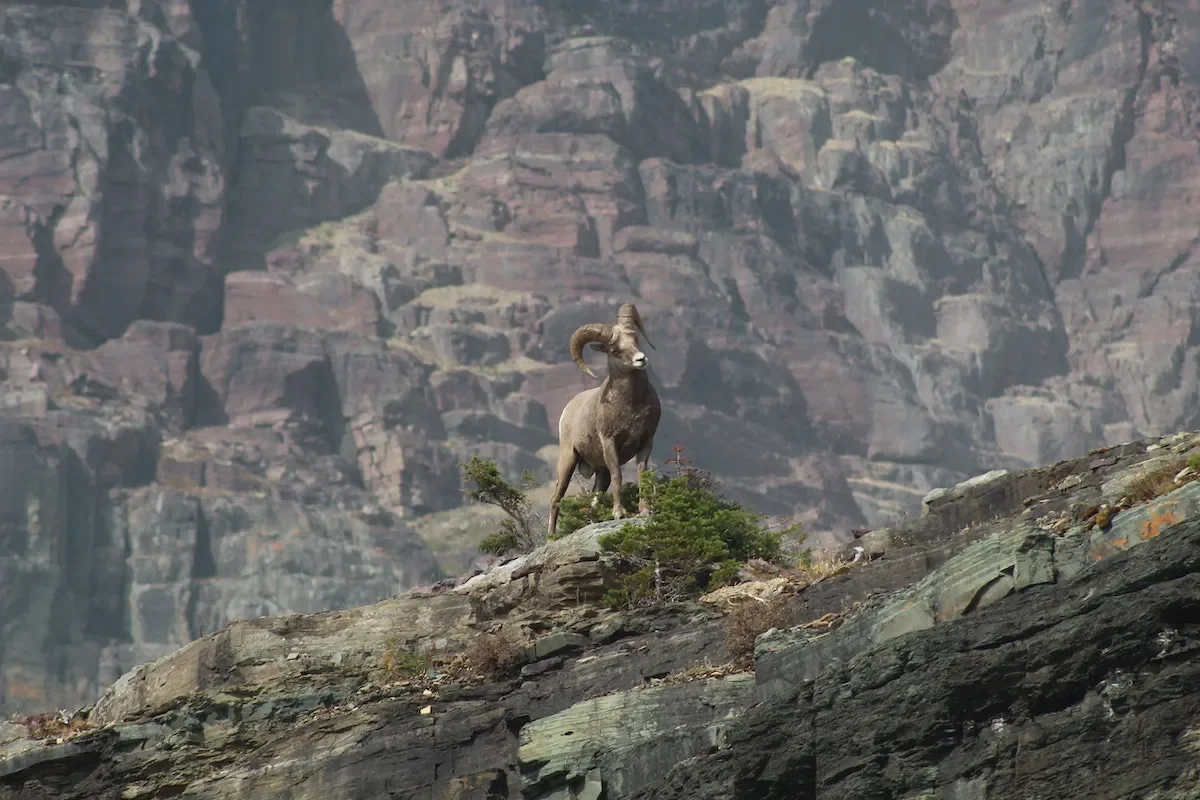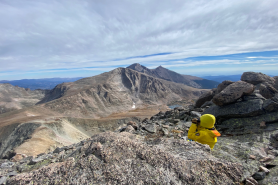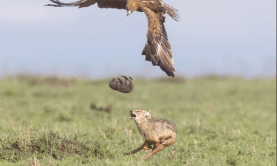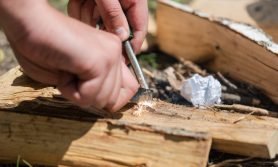

CWD, or chronic wasting disease, is a disease caused by a genetic mutation. Though there’s no bacteria or virus to blame for it, it’s still highly contagious. CWD symptoms resemble something you might see on The Walking Dead—shrunken, bony features, staggering, and a dazed look—hence its memorable nickname: “zombie deer disease.”
Over the last few years, CWD has been top-of-mind for hunters and biologists alike. Biologists are worried because the disease can spread quickly, threatening populations of deer and elk in places like Yellowstone National Park where they’re crucial to local ecosystems.
What’s Causing It?
Some scientists theorize that deer and elk herds grew too large when wolf numbers declined in the early 1900s. And without any apex predators in the mix, there was no system for weeding out sick animals. CWD was thus able to spread unchecked. Reintroducing wolves, then, could possibly help reverse the trend. According to one model from Washington State University researchers, reintroducing wolves could cause a “relatively rapid decline in CWD prevalence” among deer populations. Other research is ongoing.
In the meantime, many hunters are also worried about the disease. While there have been no recorded cases of CWD in humans, some studies indicate that people could catch it by eating infected meat. So, if you take down a deer in an area where CWD is common, authorities advise sending in the head for testing before you get too excited about that venison stir fry. And if your kill tests positive? Scrap the whole carcass. (Just use an authorized disposal method to do so.)
If you’re hunting in a CWD-prone area, there’s a lot you can do to help stop the disease. Be sure to follow all regulations from your local wildlife department. Also take these precautions:
- Avoid shooting animals exhibiting strange behavior or other symptoms of CWD.
- Avoid touching road kill or any other animals found dead.
- When dressing the animal, wear gloves and avoid handling organs as much as possible.
- Avoid using kitchen utensils or your all-purpose camping knife while dressing; use your designated hunting knives and sanitize when done.
- Request that any commercial processing be done separately from other animals.









